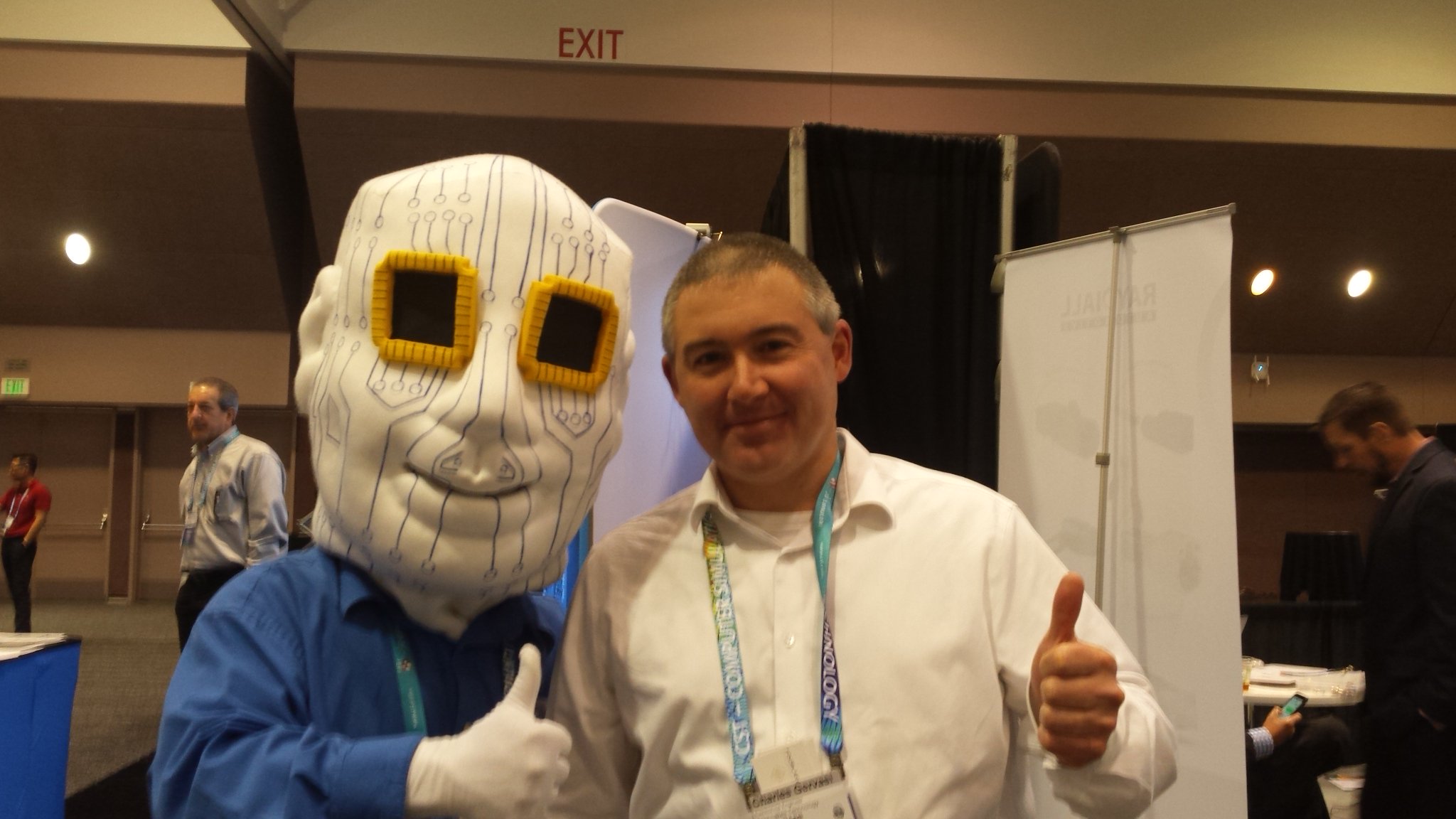
I am unclear what to take away from this. It says nominal consumer debt is at and all-time high, but it’s not if you consider real (inflation-adjusted) numbers. It says the ratio of debt payments to disposable income is low compared to recent decades.
So it seems, contrary to the article’s title, that there hasn’t been a furious pace of change in consumer debt.


I would be concerned about a period of higher than normal inflation like the 70s. The Fed does a good job keeping inflation around 2%. Recently it spiked briefly to around 8% but immediately came down to just above 3%. It seems possible we could see a period of inflation near 8% for several years in a row.